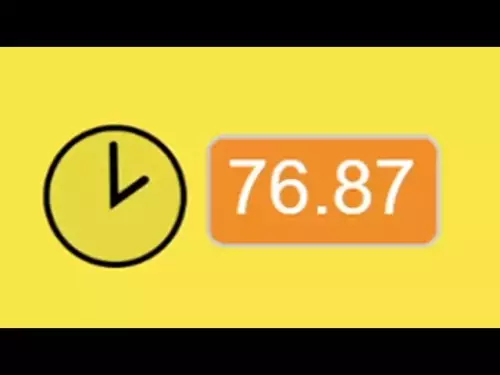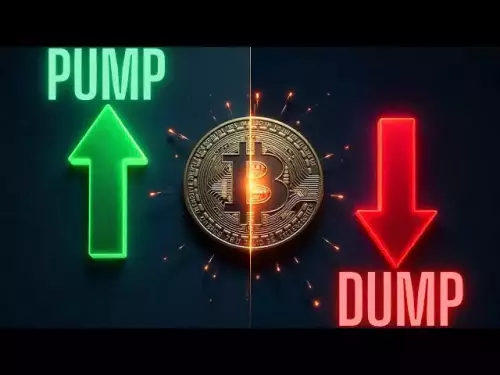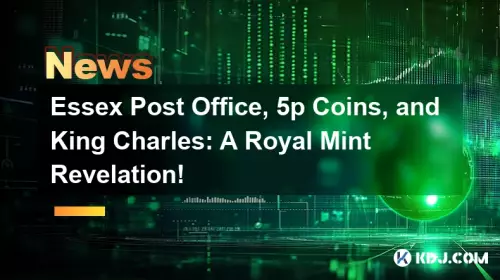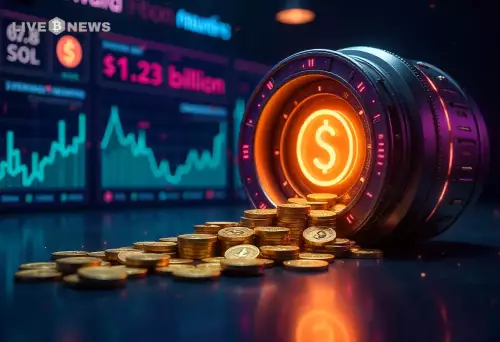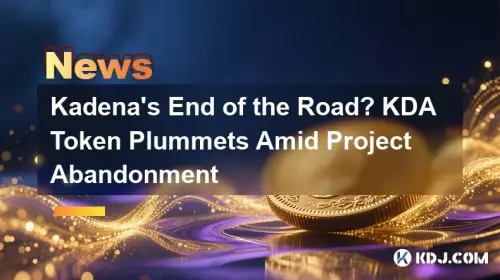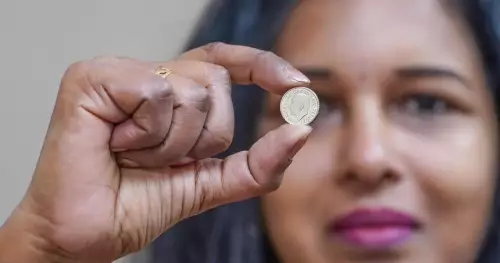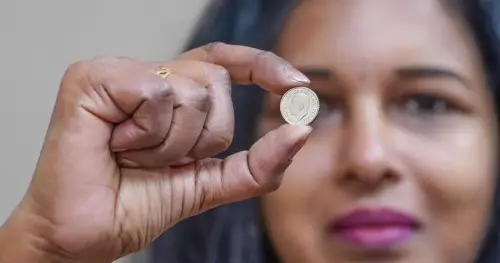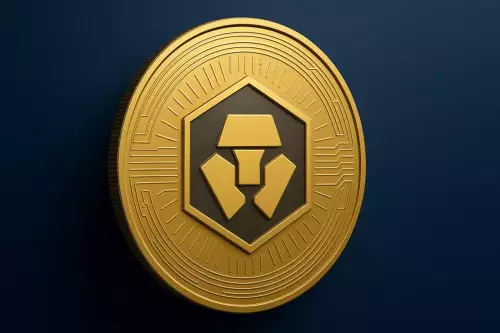 |
|
 |
|
 |
|
 |
|
 |
|
 |
|
 |
|
 |
|
 |
|
 |
|
 |
|
 |
|
 |
|
 |
|
 |
|
Cryptocurrency News Articles
Dota 2 YouTube Hack: Solana Scam Exposes Esports Security Flaws
Oct 19, 2025 at 06:02 pm
Hackers hijacked the Dota 2 YouTube channel to promote a Solana-based scam, revealing vulnerabilities in esports security.

Hold onto your hats, folks, because the wild world of crypto and esports just collided in a way that's got everyone talking! Hackers took over the official Dota 2 YouTube channel to shill a Solana-based meme coin, and it's a wake-up call for the whole industry.
Dota 2's YouTube Channel Breached: A Crypto Scam Unfolds
On October 15, 2025, the official Dota 2 YouTube channel, a trusted source for millions of fans, was compromised. Cybercriminals broadcasted a fake livestream promoting "dota2coin," a newly-minted Solana token. The stream, titled "Dota 2 Launch Official Meme Coin | Hurry Up," directed viewers to Pump.fun, a platform known for rapid meme coin launches. The token's description deceptively linked back to the legitimate Dota 2 YouTube page to feign authenticity.
Pump and Dump: The Anatomy of the Scam
The scheme followed a classic pump-and-dump model. The attackers created a sense of urgency, urging viewers to buy into the hype. For a short period, it worked, with dota2coin's market cap briefly exceeding $5,000 before plummeting 20% after community members exposed the scam. On-chain analysis revealed that a single wallet controlled over 98% of the token's supply, a telltale sign of an impending rug pull. By the next day, dota2coin was practically worthless, trading at a measly $0.00000585.
A Coordinated Attack on Esports
The Dota 2 hack wasn't an isolated incident. Similar attacks targeted the YouTube channels of PGL (a Dota 2 tournament organizer), ESL (Electronic Sports League), and BLAST Premier (Counter-Strike). These channels were used to promote bogus Bitcoin giveaways and other crypto scams, indicating a coordinated effort to exploit the esports ecosystem. These hacks coincided with widespread YouTube outages, raising concerns about a broader security exploit, possibly linked to an Android vulnerability that compromises two-factor authentication.
Community Vigilance and the Aftermath
The Dota 2 community played a crucial role in identifying and warning others about the scam. Reddit users on r/DotA2 and VR analyst Brad Lynch quickly spread the word, posting screenshots and alerting potential victims. Solana security educator Solandy cautioned users about the risks of interacting with unverified sites and tokens. YouTube eventually removed the malicious content and restored the channel. However, Valve's silence on the matter has left fans and investors frustrated.
The Bigger Picture: Crypto Scams in the Spotlight
This incident highlights a growing trend of crypto scams targeting online platforms. High-profile hacks, like the hijacking of India's Supreme Court YouTube channel and Andreessen Horowitz's X account, demonstrate the pervasive nature of these schemes. Platforms like Pump.fun, while facilitating meme coin creation, have also become breeding grounds for fraudulent activity.
Hackers Aren't Always Smart Traders
Interestingly, not all hackers are financial geniuses. Last week's crypto crash revealed that some hackers, caught in the market downturn, made disastrous trading decisions. Blockchain analysis showed that several hacker wallets lost millions by panic-selling and buying high. While their losses might not sting as much since the funds were stolen, it demonstrates that even sophisticated attackers can make mistakes under pressure. Or maybe, just maybe, they were strategically laundering their ill-gotten gains.
Time for Tougher Security Measures
The Dota 2 hack serves as a stark reminder of the need for stronger security measures in the esports and crypto industries. Multi-factor authentication isn't enough; sophisticated phishing techniques can bypass these safeguards. Platforms like YouTube and companies like Valve must take proactive steps to protect their users from these evolving threats.
Final Thoughts
So, what's the takeaway from all this? The wild west of crypto and esports is still full of surprises, both good and bad. Keep your wits about you, trust your gut, and remember: if it sounds too good to be true, it probably is. And to the scammers out there? GG, no re!
Disclaimer:info@kdj.com
The information provided is not trading advice. kdj.com does not assume any responsibility for any investments made based on the information provided in this article. Cryptocurrencies are highly volatile and it is highly recommended that you invest with caution after thorough research!
If you believe that the content used on this website infringes your copyright, please contact us immediately (info@kdj.com) and we will delete it promptly.


















